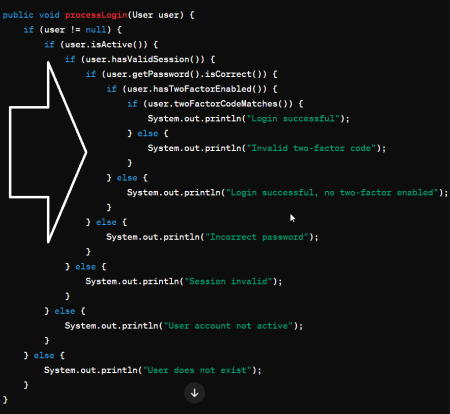The “Invalid Host header” error is a common issue encountered by developers working with Vue.js applications. This error occurs when the development server receives a request with an unrecognized or mismatched host header. In this article, we will delve into the reasons behind the “Invalid Host header” error, discuss its potential security implications, and provide best practices for resolving the issue.
Reasons Behind the “Invalid Host header” Error
The “Invalid Host header” error typically occurs in one of the following scenarios:
- The development server is configured to only accept requests from a specific host, but the request is coming from an unrecognized host.
- The host header in the request has been tampered with or is malicious.
- The development server is accessed through a proxy or a reverse proxy, causing the host header to be modified.
Potential Security Implications
The “Invalid Host header” error is related to a security feature implemented in development servers to prevent unauthorized access and potential security risks. If the server does not validate the host header properly, it could be vulnerable to DNS rebinding attacks. In a DNS rebinding attack, an attacker can create a malicious website that makes requests to the development server using the victim’s browser, potentially gaining access to sensitive data or executing unauthorized actions.
Best Practices for Resolving the “Invalid Host header” Error
- Configure the development server to accept requests from specific hosts:
If you want your development server to accept requests only from certain hosts, you can specify the allowed hosts in your Vue.js configuration. In the
vue.config.jsfile, you can set the 1allowedHosts1 option as follows:module.exports = { devServer: { allowedHosts: [ 'localhost', 'example.com', '192.168.1.1', ], }, }; - Disable the host check for local development:
If you are working in a local development environment and trust the network you are connected to, you can disable the host check by setting the `disableHostCheck` option in the
vue.config.jsfile:module.exports = { devServer: { disableHostCheck: true, }, };However, disabling the host check may expose your development server to potential security risks. Make sure you understand the implications and only disable the host check in a secure environment.
- Configure the development server to accept requests through a proxy:
If you are using a proxy or a reverse proxy, you may need to configure the development server to accept requests with modified host headers. You can do this by setting the `public` option in the
vue.config.jsfile:module.exports = { devServer: { public: 'example.com:8080', }, };In this example, the development server will accept requests from example.com on port 8080.
Conclusion
The “Invalid Host header” error in Vue.js applications occurs when the development server receives a request with an unrecognized or mismatched host header. Understanding the reasons behind this error and its potential security implications is crucial for ensuring the security of your Vue.js applications. By following the best practices outlined in this article, you can resolve the “Invalid Host header” error while maintaining the security of your development environment.

